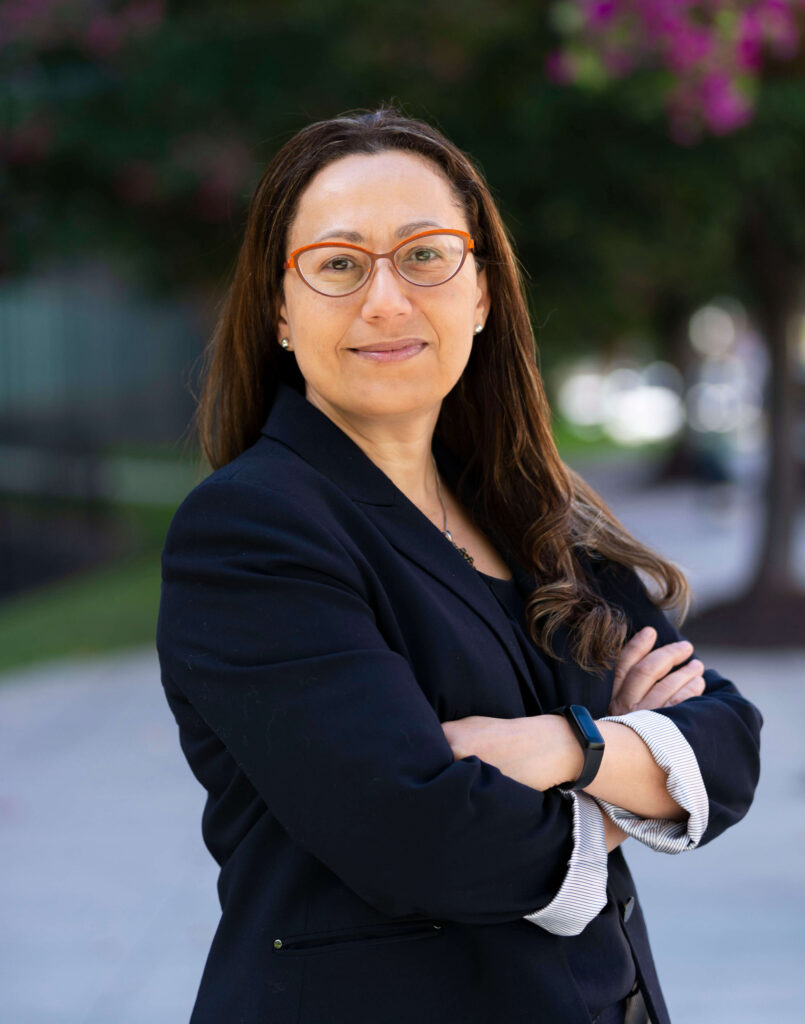
With more than 1,000 civilians dead and over 10 million Ukrainians displaced from a war that shows no signs of abating, alarm bells of human suffering are going off just as the pandemic has started to quiet down.
Like many of you, I wonder what we as the inclusive finance community can learn and do. It’s a familiar act of introspection: two years ago, I wrote a blog post reflecting on my many years of working on conflict and in crisis environments, asking what these experiences can teach us about the pandemic. In a follow-up post, I provided lessons on what financial services providers could do to lessen the strain on their customers and themselves.
Nearly two years later and after a Herculean effort by governments, financial services providers, investors, and the donor community to support people’s ability to withstand the ebbs and flows of the pandemic, a new crisis is upon us. Although the conflict in Eastern Europe is far from the low-income countries that typically get our attention, the ongoing war poses numerous risks to the global community.
Although the conflict in Eastern Europe is far from the low-income countries that typically get our attention, the ongoing war poses numerous risks to the global community.
We’re already seeing the impact of the war on oil prices and there is cause for alarm that food insecurity could pose serious concerns for many. Countries that are particularly reliant on wheat imports from Ukraine or fertilizer ingredients from Russia will experience significantly more ripple effects than those in the most developed nations. And Russian citizens are suffering from livelihoods impacts, cut off from the global financial system as the grip of sanctions tightens. However, there’s no such thing as a regional conflict and there are universal lessons that can be drawn.
So, what did we learn from the pandemic that bears on our understanding of the current Ukraine crisis, and how will it impact the lives of low-income people, especially women, who are disproportionately affected? Demand and supply shocks, financial coping strategies, cash transfers, and remittances are issues to keep a close watch on.
1. Demand shocks have a time-bound effect on low-income people.
At the onset of the pandemic, the lockdowns and other measures that were taken to reduce the health risks of COVID-19 severely disrupted demand. The net effect of these actions on the economy was a severe contraction of demand for non-essential goods and services. When lockdown measures were removed, demand resumed. This is best seen through data on micro, small and medium enterprises (MSMEs), the businesses where most low-income workers are employed. CFI’s data on these businesses shows that while they have not fully recovered, they remain on track to return to pre-pandemic levels of operation.
In the latest wave of data CFI collected in mid-2021, only 26 percent of businesses reported reduced profits compared to 83 percent early in the pandemic (see chart). More than a year after the onset of COVID-19, MSMEs in the four markets surveyed in the longitudinal study were operating at 80 percent of their pre-pandemic workforce.

2. Supply shocks are likely to create larger and longer ripple effects on low-income people.
Because the situation in Ukraine is not a demand shock but a supply shock, the effect on low-income people is likely to be more severe. For one, low-income people spend a larger proportion of their income on food and, as food prices are expected to skyrocket, this will have a disproportionately negative effect on low-income people.
Egypt, which imports 80 percent of its wheat from Ukraine, is perhaps the most vulnerable country to supply shocks on wheat. Egypt also has a long history of “bread riots” in 1977 and 2008, in other words, food insecurity quickly can turn to political insecurity. Other countries in MENA, already on the verge of complete collapse, like Lebanon and Yemen, are also heavily dependent on Ukrainian wheat. In a region with a history of political and social unrest, people’s ability to withstand further shocks is severely curtailed. Beyond the MENA region, Indonesia, Bangladesh, and Turkey are also significant importers of Ukrainian wheat.
Additionally, the war’s impact on gas prices and fertilizer will also have a significant ripple effect on smallholder farmers globally, further impacting the world’s food insecurity and increasing the cost of living globally.
3. When people’s reserves already are strained from shocks, their ability to cope with challenges is curtailed.
Our research shows that MSMEs have coped with the pandemic in various ways, including: drawing down savings, laying off employees, raising or lowering prices, reducing food intake, and borrowing from friends and family. Our data also shows that MSMEs that had experienced prior shocks due to natural disasters, were slower to recover from the pandemic.
As businesses and people have been depleted over the past two years, their ability to rely on tried and tested coping strategies — like using their savings or borrowing from friends — are severely curtailed. This is a reality in developed countries as well as in developing ones. CFI’s data shows that, on average, MSME owners depleted more than half of their savings during the pandemic, and a quarter of the respondents relied on loans from friends and family to cover business or household expenses.
4. Rapid cash transfers and government assistance are important for low-income people to weather crises.
CFI has written extensively about the importance of government transfers to lessen the impacts of the pandemic. Governments’ ability to identify vulnerable people and distribute cash assistance is one of the few silver linings of the pandemic. Decades of policy reforms and investments in digital infrastructure made this test case possible. Indeed, the latest Economist Impact’s Microscope showed that countries that had invested in digital infrastructure were more likely to distribute cash transfers during the pandemic.
However, data from the World Bank that monitors debt flows of low- and middle-income countries (LMICs) shows that LMICs’ debt stocks are an all-time high, rising to $8.7 trillion by the end of 2020. Whether governments will be able to step in to distribute more cash because of the effects of this war is still to be seen, but the likelihood is low, putting low-income people at possible risk of being left with little relief if needed.
5. People need access to affordable and reliable remittances during emergencies.
Relief organizations like UNHCR, UNICEF, WFP, IRC, Save the Children, and others are already mobilizing to support the exodus of Ukrainians, offering protection, food, and shelter. But often humanitarian assistance is fickle and temporary. The conditions are ripe for something more dramatic and scalable. The unprecedented attention on Ukraine, the population’s digital readiness, Europe’s willingness to allow Ukrainians to remain for three-year residencies, and the lessons from COVID cash transfers point to the potential for a new global experiment: low-cost remittances to people affected by war.
The conditions are ripe for something more dramatic and scalable.
Reducing fees on remittances by even 2 percentage points could save Ukrainian migrants $400 million, and complement scaling up aid efforts. Wise waived their fees briefly, but such relief is temporary. People are already using interesting workarounds like paying for apartments on Airbnb as a way to send money to people in Ukraine. PayPal just announced an expansion of its services to address the Ukrainian crisis, also waiving fees temporarily until June 30. What would it take to get low-cost remittances in the hands of the people who need it most, while protecting their identities and limiting opportunities for fraud?
It’s too soon to know how deep this conflict will go, what measures Russia will take to inflict even more suffering on Ukrainian – and its own – people, and how far-reaching this conflict will be. People’s ability to find ways to cope in the face of seemingly insurmountable challenges always astounds me. But it leaves me wondering: why does it have to be this hard and what can we do to alleviate the impact on low-income people?










